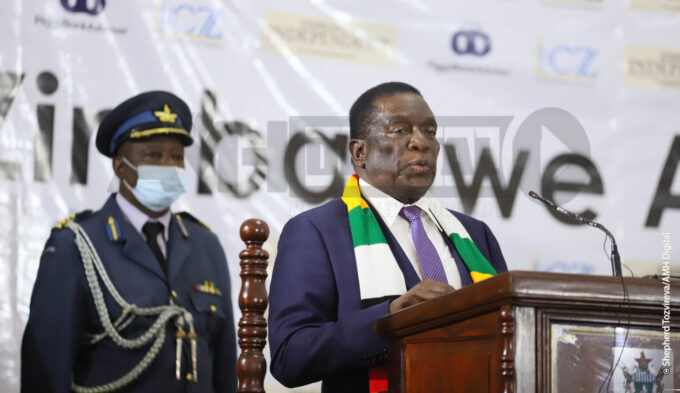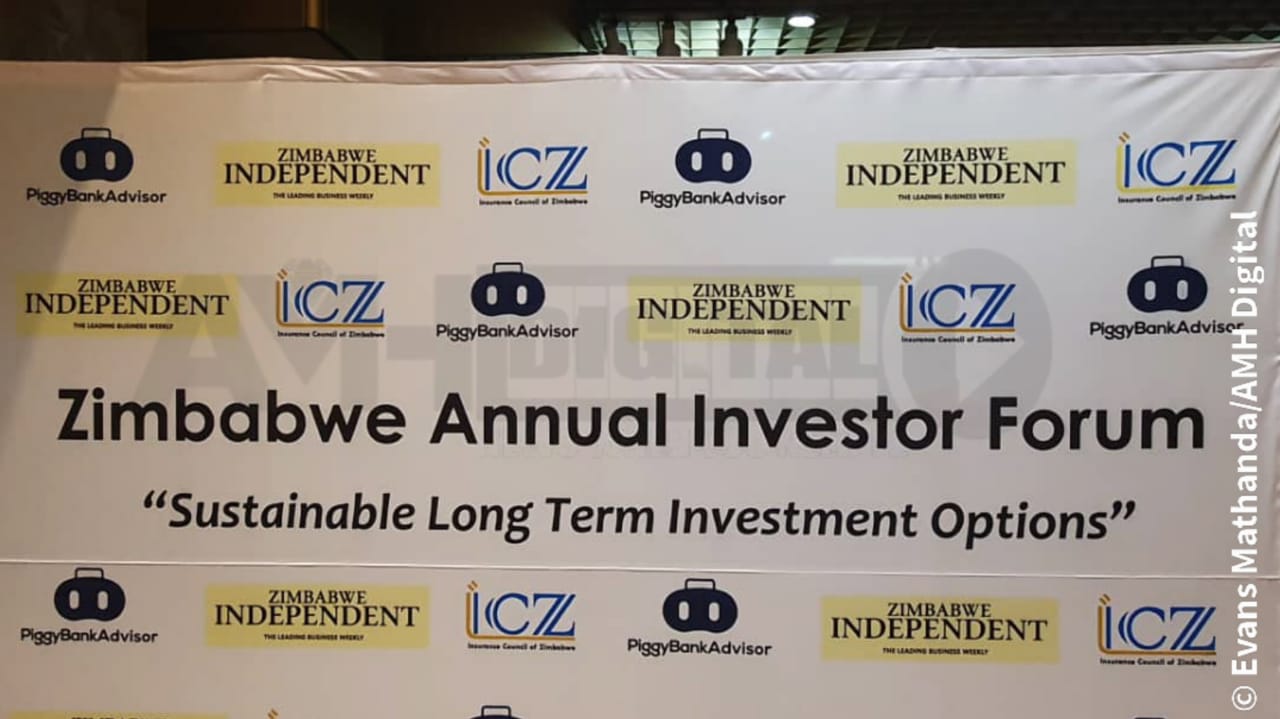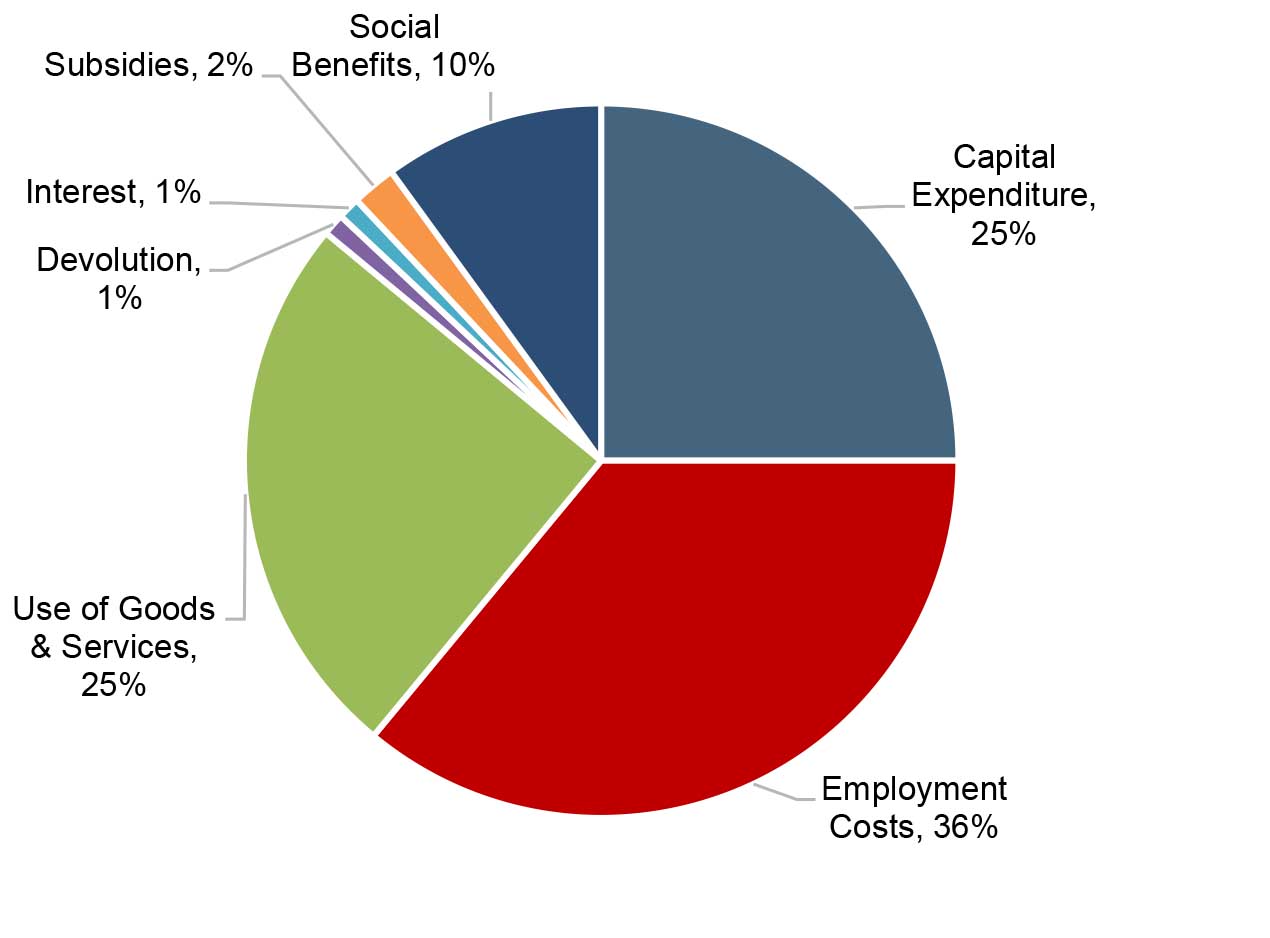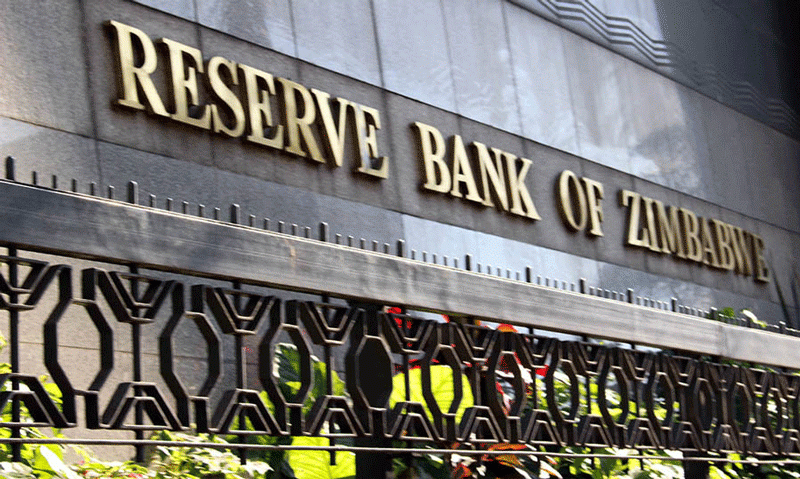
LORRAINE NDEBELE THE African Development Bank (AfDB) has enhanced its cordial relations with Zimbabwe through a financial package for developmental projects.
The continental financial institution has remained a key partner to Zimbabwe’s national development agenda since 1980 when the Southern African country joined.
Since then, a total of 94 operations have been supported at a staggering US$1,22 billion.
The latest projects valued at about US$10,5 million were developed in line with the AfDB country brief for Zimbabwe 2021-2023, approved by its board, which focuses on two pillars which are enhancing the productive capacity and resilience of the private sector, including mining and agriculture value chains. It also supports improvement of good governance and accountability.
The launch of these three projects, namely the Energy Sector Reform Support Technical Assistance Programme, the Institutional Support to Governance and Public Finance Management Project and the Sustainable Enterprise Development for Women and Youth were approved towards the end of 2021.
According to the continental bank, these three operations are critical to improving socio-economic development in Zimbabwe.
“I would like to express the bank’s continued commitment in supporting the people of Zimbabwe in their efforts to improve and diversify the economy and to reduce poverty,” AfDB country manager for Zimbabwe Moono Mupotola said.
“In this regard, the bank would like to renew its commitment to support the socio-economic development agenda of the country.
- Chamisa under fire over US$120K donation
- Mavhunga puts DeMbare into Chibuku quarterfinals
- Pension funds bet on Cabora Bassa oilfields
- Councils defy govt fire tender directive
Keep Reading
“Each one of the three projects has a funding allocation of US$3,5 million bringing the total value to US$10,5 million over a period ranging from 30-48 months.
“We pledge also to stand with you throughout the project implementation period to offer any support that you may require with regard to project implementation.
“We have worked with some of you over a long period of time and we are very confident of your capacities and we look forward to this continued partnership.
“Apart from this training, the bank will also be fielding implementation support missions every six months, or less, if need be, to ensure that the projects remain on track,” she said.
Under the projects, the Energy Sector Reform Support Technical Assistance Programme aims to improve the availability of reliable electricity supply through facilitating the creation of an enabling environment for promoting independent power producers and supporting integration of renewable energy generation capacity.
The direct beneficiaries of this Energy Sector Reform Support are the Ministry of Energy and Power Development, the Zimbabwe Electricity Transmission and Distribution Company and the Zimbabwe Energy Regulatory Authority.
However, these interventions will ultimately benefit private sector developers of independent power producing facilities and the broader electricity sector customer base while the direct beneficiaries will be actively involved in the implementation of the project by having members as part of the project implementation team.
The Institutional Support to Governance and Public Finance Management Project is expected to promote macro-stability by strengthening public sector effectiveness and accountability.
The expected outcomes of the project are to decrease debt-to-GDP ratio from 75,8% in 2020 to less than 62% in 2025 and to improve open budgeting system in the country while the expected outputs include an arrears clearance roadmap, ensuring a public debt audit; stakeholders training in procurement; development of affirmative procurement guidelines and a monitoring and evaluation system and communications strategy on procurement development; parliamentary committees and staff of parliament training and development of modules for parliamentary training.
Sustainable Enterprise Development for Women and Youth is expected to economically empower youth and women in agricultural and small-scale mining sectors from situations of economic vulnerability.
The project seeks to harness the potential of youth and women by addressing their capacity gaps and enabling environment to stimulate value addition and beneficiation along the target value chains to improve decent job creation for the skilled and semi-skilled youth and women in Hauna, Mutoko, Karoi, Masvingo, Bulawayo and Matabeleland North.
The project will focus on key areas, namely strengthening the entrepreneurship ecosystem infrastructure; business development in the horticulture, dairy and small-scale mining value chains and institutional support and enabling frameworks.











